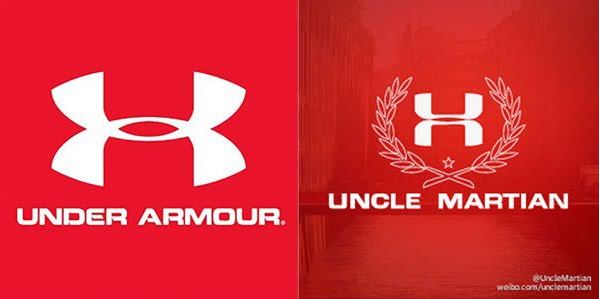
The development and growth of online megastores like Amazon.com Inc. (NASDAQ: AMZN), eBay Inc. (NASDAQ: EBAY) and Alibaba Group Holdings Ltd. (NYSE: BABA) have led to increased numbers of counterfeit items being sold. The level of effort and money online retailers expend on fighting the fakes can be substantial or paltry, depending on one’s point of view.
Amazon, for example, responds quickly to customers complaining of fakes by refunding their money, and the company has an anti-counterfeiting policy in place, according to The Counterfeit Report, a website that offers consumer protection information on counterfeit products.
The Counterfeit Report notes that the big online retailers do a less effective job of cracking down on peddlers of counterfeit goods, leading to a “credibility crisis” among the e-commerce giants.
eBay has sold fake law enforcement badges even after receiving warnings about the practice, and Alibaba founder and chairman Jack Ma argued (before he corrected himself) that “fake products today are better quality and at a better price than the real names. They are the exact factories, the exact raw materials, but they don’t use the brand names.” That is not a popular sentiment among luxury goods makers.
Makers and marketers of luxury goods aren’t quite so charitable to Amazon. Luxury Daily, for example, is not impressed:
E-commerce giant Amazon’s counterfeit problem is only getting worse, as the company’s efforts to curtail fakes fall short.
Tightly distributed luxury brands tend to avoid Amazon as a selling platform to keep their positioning intact, but many end up having a presence on the marketplace whether they want to or not, as counterfeiters sell goods using tvvheir name. While Amazon does have a counterfeit policy, the general feeling is that the company could be doing more to protect brands and consumers from illegal copycats.
Luxury Daily turned up a knock-off of Cartier’s $5,700 Love Bracelet selling for just $30 and fake items from Tiffany & Co.’s (NYSE: TIF) T Collection.
CNBC reported earlier this month that more than 40% of Amazon’s unit sales come through its third-party marketplace. All sales at eBay and Alibaba are third-party sales because neither retailer owns the products they sell and ship to retail customers.
And Amazon began seriously courting Chinese manufacturers for its third-party marketplace a few years ago and sales more than doubled in 2015. CNBC noted that critics contend that “Amazon hasn’t put the necessary checks in place to manage the influx of counterfeits” that the flood of Chinese products brought along in their wake.
The Counterfeit Report last week posted a story about a new Chinese sportswear company with the unlikely name of Uncle Martian. Here’s the company’s logo alongside that of a popular U.S. brand:

The Counterfeit Report concludes:
Web platforms that facilitate criminal activity and benefit from the proceeds of dishonest actions which impact jobs, consumer safety and public trust create a public perception of deception and impunity. However, reputation damage is only a small part of the problem: counterfeiting costs US manufacturers over $250 billion, and US workers over 750,000 jobs.
Globally the cost of counterfeiting is estimated at $1.7 trillion, including lost tax revenue.
It’s Your Money, Your Future—Own It (sponsor)
Are you ahead, or behind on retirement? For families with more than $500,000 saved for retirement, finding a financial advisor who puts your interest first can be the difference, and today it’s easier than ever. SmartAsset’s free tool matches you with up to three fiduciary financial advisors who serve your area in minutes. Each advisor has been carefully vetted and must act in your best interests. Start your search now.
If you’ve saved and built a substantial nest egg for you and your family, don’t delay; get started right here and help your retirement dreams become a retirement reality.
Thank you for reading! Have some feedback for us?
Contact the 24/7 Wall St. editorial team.




